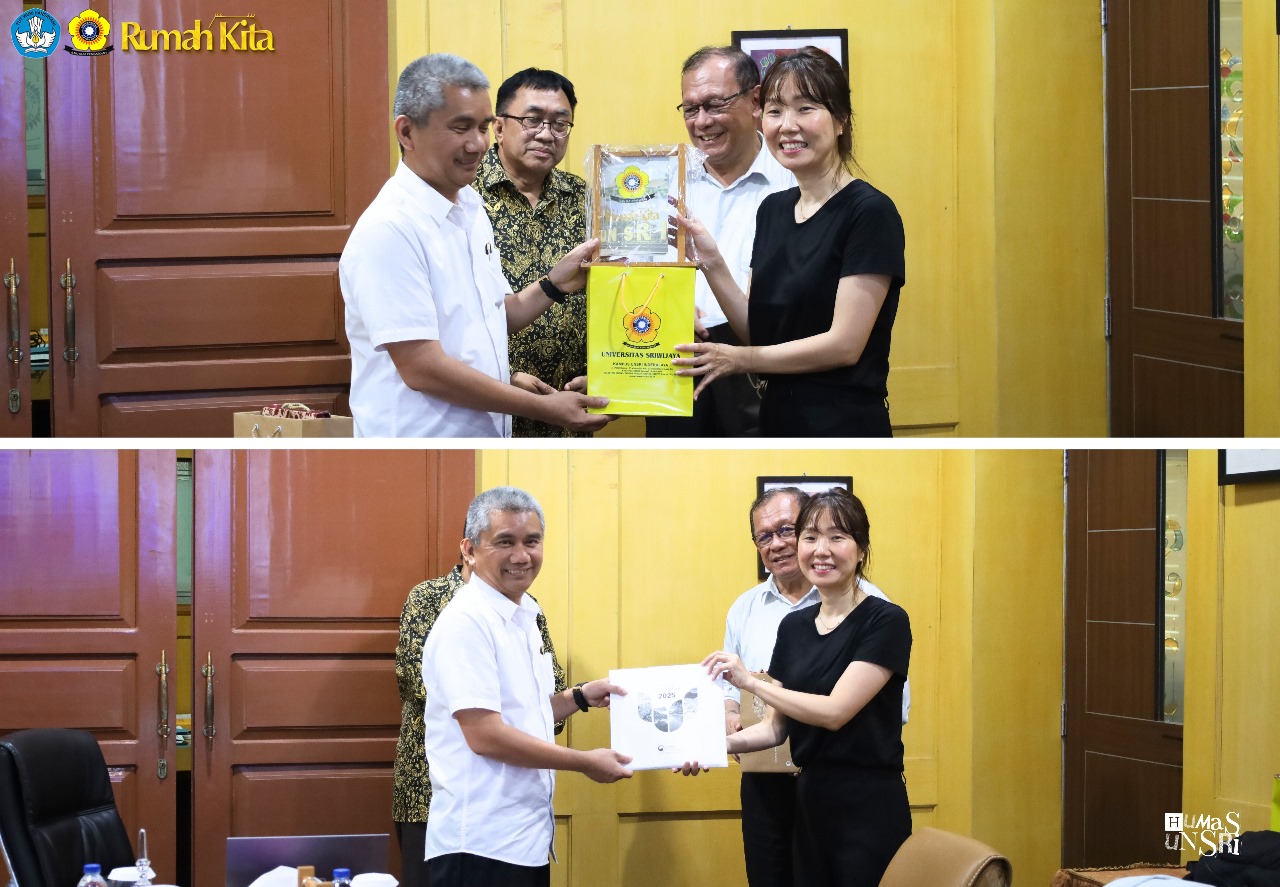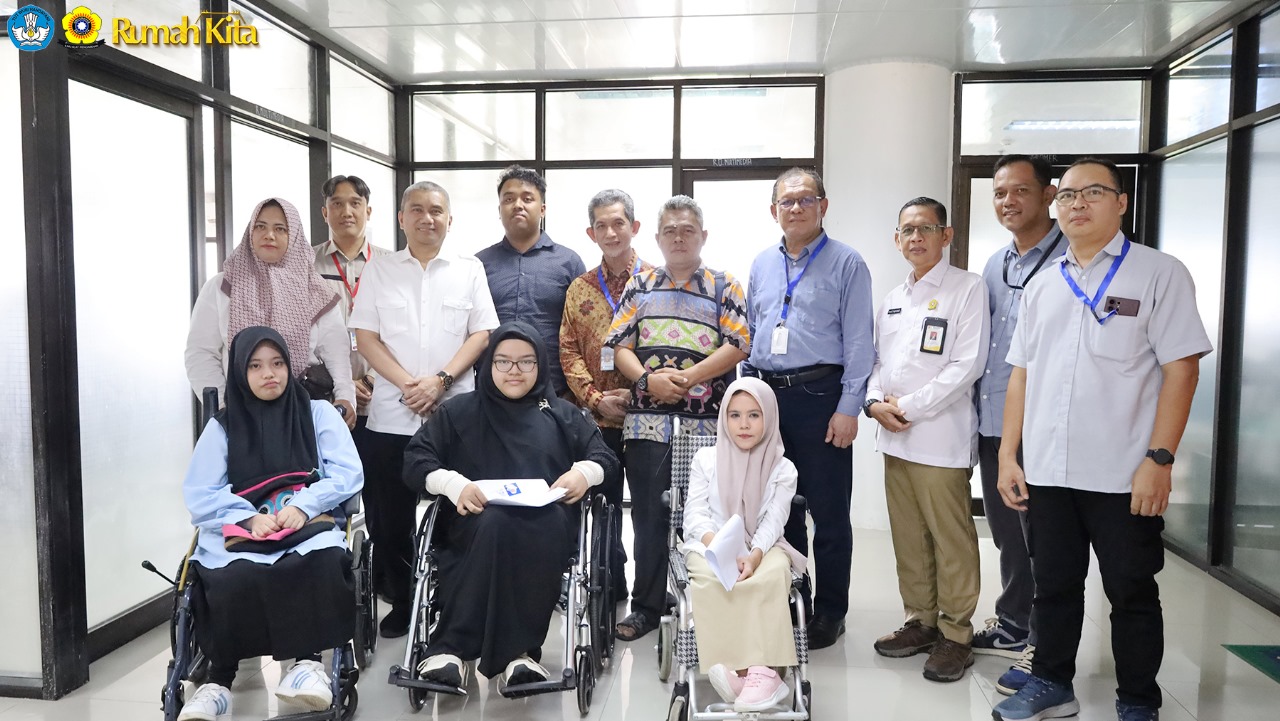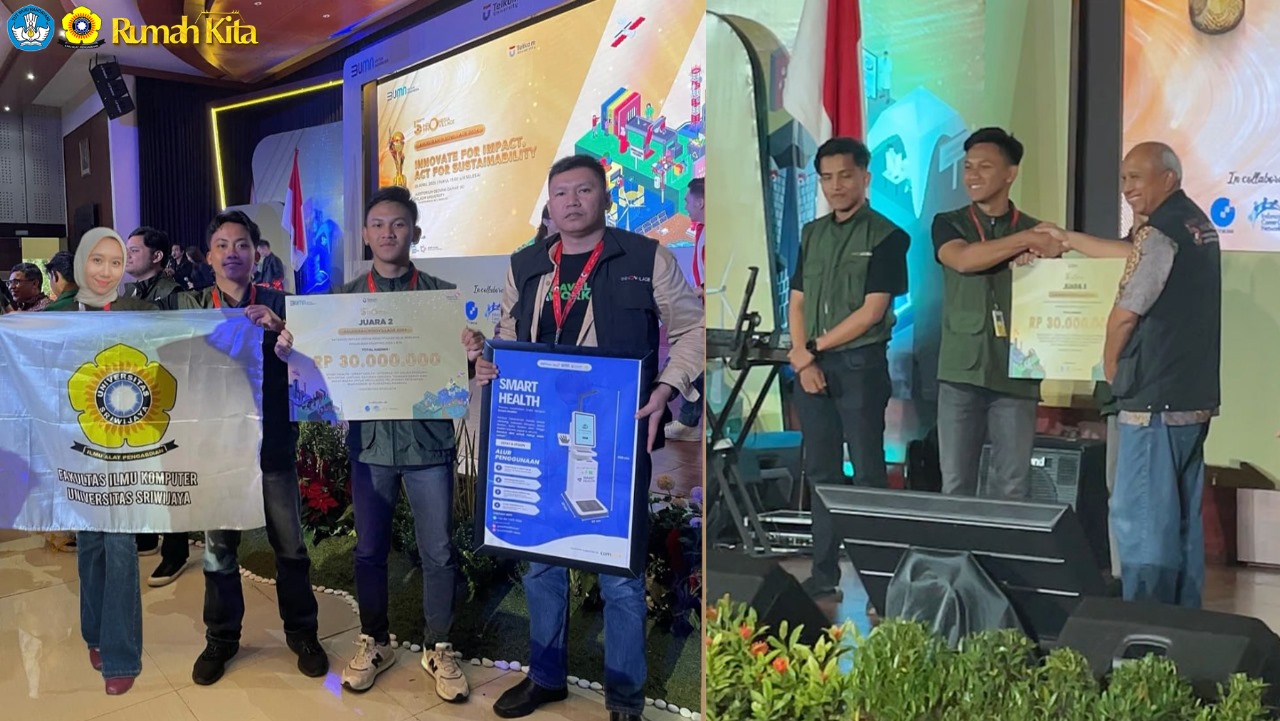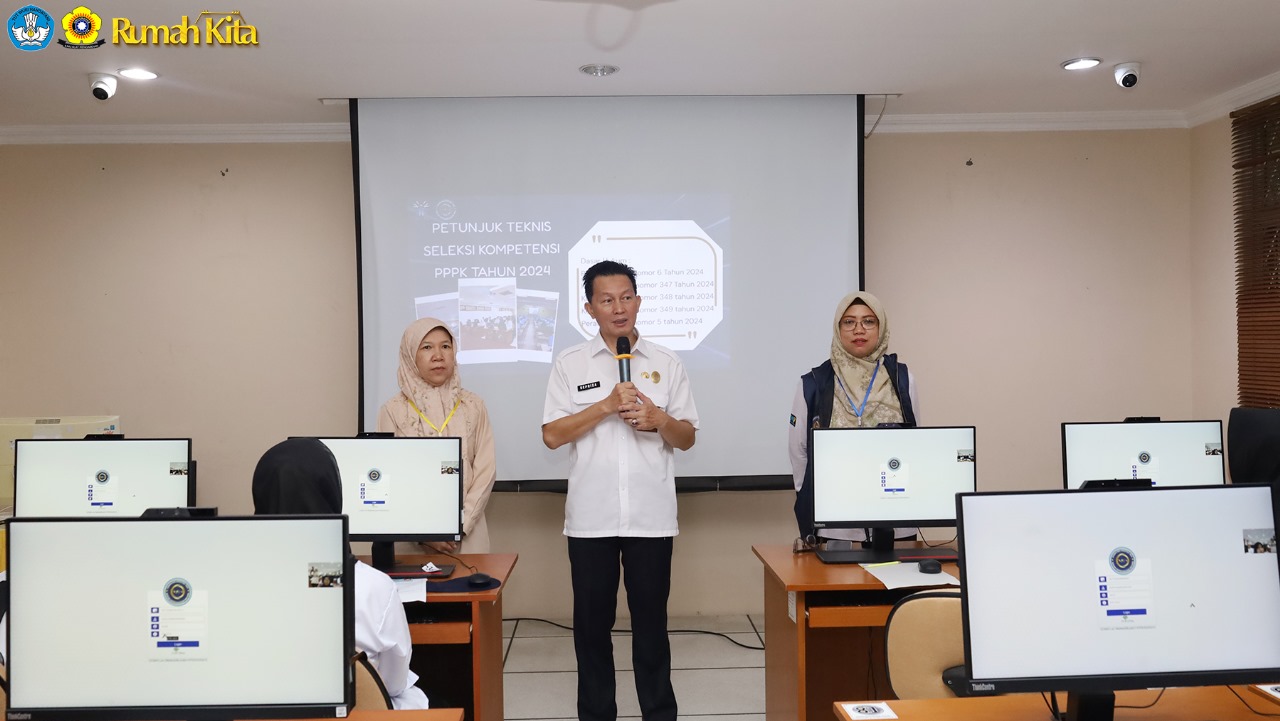International Field Lecture: Conservation and Peat Restoration as a form of application of SDGs at Sriwijaya University

Sriwijaya University (UNSRI) through international cooperation organizing a field lecture activity entitled "Restoration and Peat Conservation for the Sustainability of Wetlands". This activity was held as a tangible form of commitment to the 2030 Sustainable Development Goals (SDGS) agenda which took place from April 21-26, 2025. Hadir as a resource from within and outside the country, namely Prof. Dr. Ir. Rujito Agus Suwignyo, M.Sc. (Deputy Rector I Unsri), as well as two forestry researchers from the National Institute of Forest Science (NIFOS), South Korea: Dr. Eunho Choi and Dr. Hyunyoung Yang. As information, this activity is part of the implementation of SDGs at UNSRI, especially SDG 4 (Quality Education) and SDG 13 (Handling Climate Change). The event was attended by hundreds of students from the Faculty of Agriculture and the Faculty of Mathematics and Natural Sciences (MIPA) to get the latest insights and information about the importance of peatlands in maintaining the balance of ecosystems and supporting sustainable development. Prof. Rujito explained that peat ecosystems not only play an important role in maintaining world carbon balance, but also have great potential in the carbon trading scheme (carbon trade), if the management of carbon is carried out in a measurable and verified manner. Therefore, he encouraged the transformation of traditional agricultural practices that are prone to burning land, such as a sonor system, towards a more environmentally friendly agricultural approach, using adaptive rice cultivation technology to the condition of peatlands. Meanwhile, Dr. Eunho Choi and Dr. Hyunyoung, who explained the results of their research collaboration with Unsri researchers who began in recent years, with the initial location in Perigi Village, Ogan Komering Ilir Regency (OKI). This research includes various rehabilitation approaches of post-fire and natural damage through planting native forest trees such as Jelutung and Balangeran, as well as food crop integration such as rice and corn in the community-based agrosilvofishery system. The Chairperson of the Activity and Researcher from Unsri, Dr. Ir. M. Umar Harun, M.S. revealed that this activity not only aims to produce international scientific publications together, but also has an economic, social and cultural impact for the local community involved. "In the future, the collaboration between Unsri and Nifos will be expanded to the Arboretum peatlands in the Inderalaya region, which in 2015 had experienced severe fires for more than one month. This land was planned to become an International Peat Research Center or International Peat Research Center, which would be a leading center for multidisciplinary research such as hydrology, carbon stock This field is a concrete manifestation of the integration between higher education, international research, and community service in order to support the achievement of SDGs in Indonesia. In addition to strengthening the capacity of students and lecturers, this activity also aims to instill collective awareness about the importance of peat ecosystems in climate change mitigation and the preservation of biodiversity. "Through the implementation of SDG 13, Unsri hopes to print a generation of young scientists and young professionals who are not only superior academically, but also have a high concern for environmental issues and he concluded. (Release/ ara_humas)

Sriwijaya University (UNSRI) through international cooperation organizing a field lecture activity entitled "Restoration and Peat Conservation for the Sustainability of Wetlands". This activity was held as a tangible form of commitment to the 2030 Sustainable Development Goals (SDGS) agenda which took place from April 21-26, 2025. Hadir as a resource from within and outside the country, namely Prof. Dr. Ir. Rujito Agus Suwignyo, M.Sc. (Deputy Rector I Unsri), as well as two forestry researchers from the National Institute of Forest Science (NIFOS), South Korea: Dr. Eunho Choi and Dr. Hyunyoung Yang. As information, this activity is part of the implementation of SDGs at UNSRI, especially SDG 4 (Quality Education) and SDG 13 (Handling Climate Change). The event was attended by hundreds of students from the Faculty of Agriculture and the Faculty of Mathematics and Natural Sciences (MIPA) to get the latest insights and information about the importance of peatlands in maintaining the balance of ecosystems and supporting sustainable development. Prof. Rujito explained that peat ecosystems not only play an important role in maintaining world carbon balance, but also have great potential in the carbon trading scheme (carbon trade), if the management of carbon is carried out in a measurable and verified manner. Therefore, he encouraged the transformation of traditional agricultural practices that are prone to burning land, such as a sonor system, towards a more environmentally friendly agricultural approach, using adaptive rice cultivation technology to the condition of peatlands. Meanwhile, Dr. Eunho Choi and Dr. Hyunyoung, who explained the results of their research collaboration with Unsri researchers who began in recent years, with the initial location in Perigi Village, Ogan Komering Ilir Regency (OKI). This research includes various rehabilitation approaches of post-fire and natural damage through planting native forest trees such as Jelutung and Balangeran, as well as food crop integration such as rice and corn in the community-based agrosilvofishery system. The Chairperson of the Activity and Researcher from Unsri, Dr. Ir. M. Umar Harun, M.S. revealed that this activity not only aims to produce international scientific publications together, but also has an economic, social and cultural impact for the local community involved. "In the future, the collaboration between Unsri and Nifos will be expanded to the Arboretum peatlands in the Inderalaya region, which in 2015 had experienced severe fires for more than one month. This land was planned to become an International Peat Research Center or International Peat Research Center, which would be a leading center for multidisciplinary research such as hydrology, carbon stock This field is a concrete manifestation of the integration between higher education, international research, and community service in order to support the achievement of SDGs in Indonesia. In addition to strengthening the capacity of students and lecturers, this activity also aims to instill collective awareness about the importance of peat ecosystems in climate change mitigation and the preservation of biodiversity. "Through the implementation of SDG 13, Unsri hopes to print a generation of young scientists and young professionals who are not only superior academically, but also have a high concern for environmental issues and he concluded. (Release/ ara_humas)



